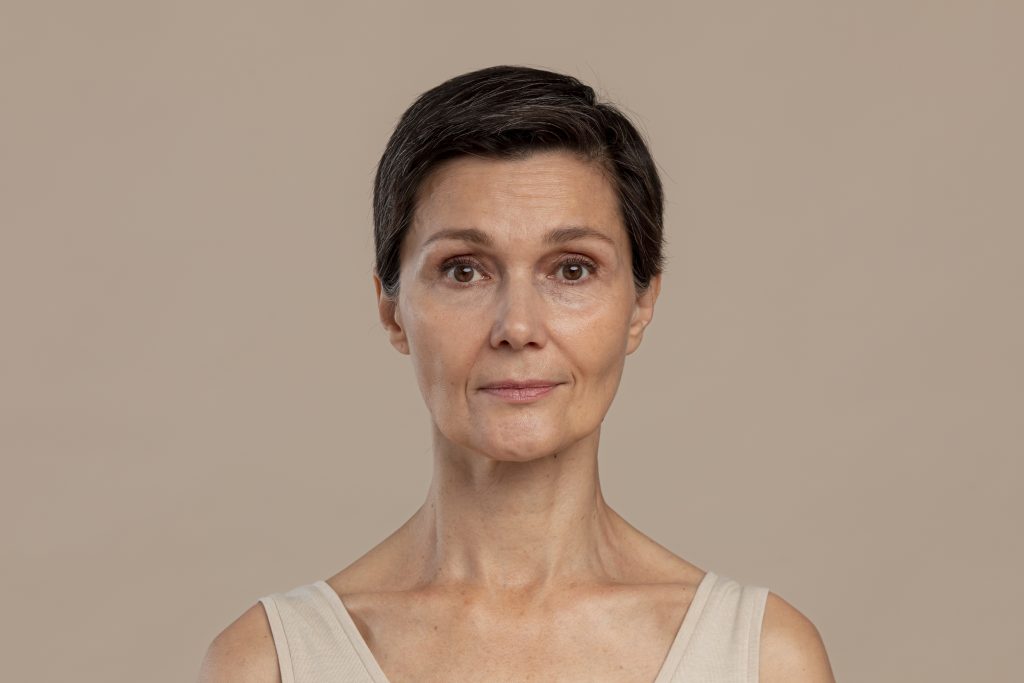

Aging
We all get older over time. But have you ever met someone who doesn’t seem to care about time? Their smart minds, energy, and love of life make you wonder if getting older is really a part of life or if they know something we don’t.
People have been looking for the spring of youth for a very long time. Even though we haven’t found a magic potion, science is showing us that we have a lot more power than we thought over how fast we age and our understanding of aging. In fact, some researchers think that we can reverse the aging process by adopting the right habits and using breakthroughs in aging research. Let’s look into what’s possible and how these ideas can help you in your own life.
Why Longevity Topic is So Fascinating
As kids, most of us thought that getting older meant getting worse. It looks like wrinkles, tiredness, and confusion are all unavoidable as you age. But what if that story is no longer true? The process of aging isn’t just about the passage of time—what if it’s also about how well you take care of your mind and body? New studies are changing the rules, showing that by making smart choices, you can slow aging and maintain your vitality well into your later years.
What Actually Causes Aging?
Aging is more than just getting older; it encompasses the biology of aging and its effects on our health. It also includes what your body does as it ages. These people are the main culprits:
- Cellular Wear and Tear: Over time, things like pollution, worry, and bad nutrition can damage our cells.
- Telomere Shortening: Think of telomeres as the plastic ends of your shoelaces that protect the ends of your DNA strands. That’s when cells stop working right.
- Energy Drain: Your mitochondria, which are the powerhouses of your cells, work less well, making you feel slow.
- Hormonal Shifts: Hormones like testosterone, estrogen, and growth hormone levels drop, which has an impact on everything from brain function to muscle mass.
- Lifestyle Factors: Stress, processed foods, lack of movement, and poor sleep all accelerate human aging at an alarming rate.
The cool thing is that scientists have found ways to slow these processes down and even turn them around in some cases.
Can We Actually Reverse Aging?
Researchers are making groundbreaking discoveries on how to reverse the aging process. In brief, here’s where major progress is happening:
Protecting and Lengthening Telomeres
As we age, some cells stop working but refuse to die, contributing to inflammation and disease. Scientists are developing treatments to remove these “senescent” cells, which may help slow aging and restore function.
Removing “Zombie” Cells
Some cells stop working but don’t want to die as we age, contributing to frailty and other age-related issues. These “senescent” cells cause inflammation, which accelerates aging. Scientists are developing drugs and natural substances (senolytics) that can target and kill these harmful cells. So, it might be able to fix the damage that comes with aging.
The Power of Self-Care and Confidence
Aging isn’t just about biology—it’s about self-care and embracing change. From skincare routines that promote a youthful glow to treatments like Botox and fillers, maintaining confidence and self-care can help counteract the effects of aging.
Using Fasting to Activate Repair Mode
Intermittent fasting can help you fight age and lose weight. When you fast, autophagy is a process in your body that gets rid of damaged cells and makes new, healthy ones. Fasting may help you live longer and be healthier overall.
Strength Training: The Ultimate Anti-Aging Workout
If you don’t lift weights, you’re getting older faster than you need to. Strength training helps you keep your muscles, your metabolism high, and your bone structure. Plus, it makes hormones work better, which makes you feel young and healthy, potentially reducing your risk of age-related diseases.
The Power of the Mind-Body Connection
You might not realize it, but your mindset plays a huge role in how you age. Chronic stress increases cortisol, a hormone that accelerates human aging. Moreover, practicing mindfulness, deep breathing, and positive thinking can help keep your mind sharp and reduce the harmful effects of aging.
The Future of Age Reversal
Gene therapy, stem cell rejuvenation, and even “youth-restoring” drugs are all areas where scientists are making ground-breaking findings. Even though these new ideas are still being worked on, the future of getting older looks brighter than ever.
What Can You Do Right Now?
You don’t need access to a lab full of scientists to start slowing down the process of aging. Thus, try these simple, science-backed habits:
- Eat Smart: Eat lots of whole foods, healthy fats, and vegetables that are high in antioxidants.
- Move Daily: Strength training and regular exercise combat the effects of aging.
- Sleep Deep: For a healthier life, aim to get between 7 and 9 hours of good sleep every night.
- Manage Stress: You could try deep breathing, meditation, or just turning off all of your electronics.
- Stay Social: Strong relationships are one of the best ways to tell if someone will live a long time.
- Experiment with Fasting: Stopping to eat for a while can be very good for your health.
The Bottom Line of Anti-aging
Getting older doesn’t have to mean slowing down. Scientific advancements show that we have more control over human aging than ever before. The real question isn’t whether we can stop aging—it’s whether we’re willing to make the choices that lead to a healthier life and longer lifespan.
Read Ageless Vitality – Unlocking Wellness After 50 by Jill Anderson if you want to take care of your aging and find out how to live a long life. Also, this book is full of useful tips, expert insights, and doable steps that will help you do well at every stage of your life. You decide how old you will be in the future, so why not make the most of it?

